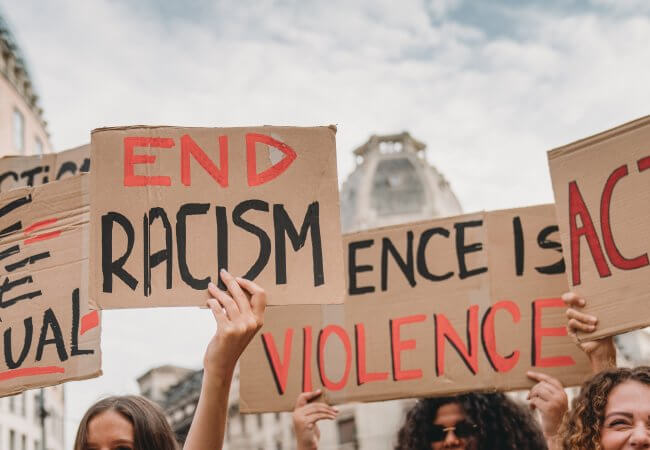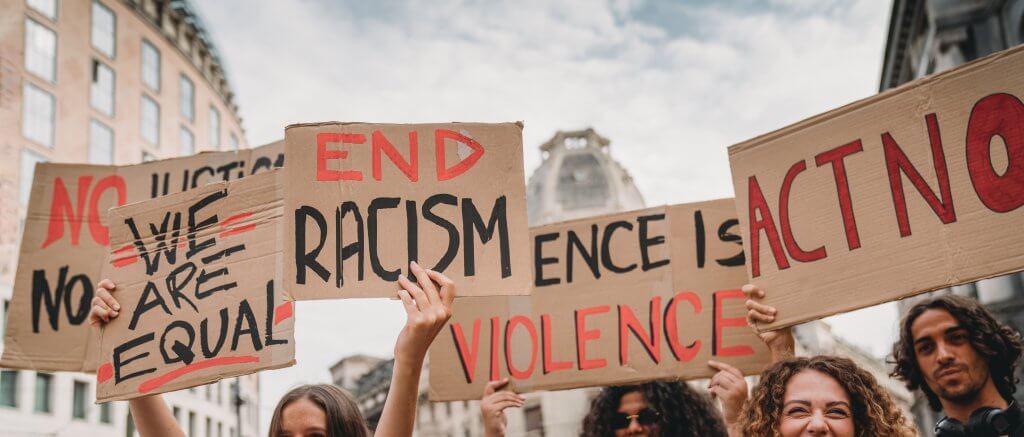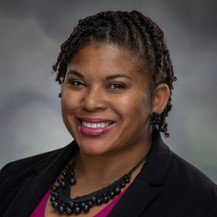
May 28, 2024
Reckoning with the History of Nursing to Improve Maternal-Infant Health Outcomes

My health equity journey can be summed-up in the expression, “I am my sister’s (brother’s) keeper.” This phrase characterizes both the privileges and responsibilities that I hold, which are foundational to my leadership style and role as a nurse. As a Black woman, nurse scientist, and educator, my personal experiences surrounding racial and systemic inequities drive my commitment to change. My worldview is informed by an intersectional perspective, underscored by an intrinsic appreciation for differences among all people. Consistent and intentional reflection of the ways that I “show-up” in the world are inherent to my identity, rooted in a duality of both privilege as a nurse scientist and educator and oppression as a woman of color.
However, if I can speak truthfully, this duality has at times made me question my role in the nursing profession. While working in a profession that I wholeheartedly love, I have had to wrestle with the reckoning of what it means to be a nurse serving in a space that is at times mired with the medicalization and stigmatization of the human condition. This is where the practice of reflection becomes so important for me. In such moments, I reflect on my “why” and the important roles of nurse leaders and health equity advocates.
“What made you want to become a nurse?” It is a common question for those in our field and often shapes the ways in which we choose to apply our passion. Nursing had always been on my radar as a career option, but as a teenager, nursing became a calling. In 2008, the PBS network premiered the documentary series Unnatural Causes…. Is Inequality Making Us Sick. The entire documentary was impactful, but it was the segment, When the Bough Breaks, that really struck a chord with my teenage self. In this segment, the documentarians examine the factors that contribute to the maternal and infant mortality gaps between Black and White Americans, then considered a public health mystery. While in the documentary, they broke down many of the contributing factors to the disparity, including social determinates of health (SDoH), I still had a difficult time comprehending why those disparities existed based on race alone. It frustrated me to hear that as a Black woman, regardless of how much education I attained, I am more likely to die during the perinatal period and my child would be more likely to die than our White counterparts.
So, what made this issue clearer to me? Racism. The concept of racism was an issue that was very clear to me. Growing up in a diverse, military city exposed me to various perspectives, but racism was still pervasive in my small town. There are experiences of racism that will live in my memory forever.
When the concept of racism was discussed in the documentary as a precursor to structural violence, or the proliferation of less optimal SDoH, and as a contributor to disparate maternal and infant mortality rates, it sparked my consideration of how I might be able to help reduce the disparities that I had become so passionate about. It was then that I affirmed that I wanted to become a nurse. I firmly believed, and still do, that nurses have the power to reduce and eliminate health disparities across populations. However, as I eventually grew in my role as a nurse, I quickly learned that nurses also have the power to uphold and contribute to the same disparities I wanted so badly to decimate.
Nurses have always been leaders in healthcare. We stand uniquely positioned to either take an active role in working toward health equity and supporting those with historically marginalized identities or remain silent and contribute to the health disparities plaguing our society. In exploring the history of nursing, I learned that as both a profession and as individuals, we have always had to work to resist bias and stigma, often in opposition to the larger societal context. For example, over the last few decades, nurses have played a crucial role in reducing the stigma related to HIV/AIDS, contributing to improvements in care. In contrast, we have yet to adequately reckon with our participation in some of the biggest health atrocities in the United States, including the unwanted or unconsented sterilization procedures forced upon Black and Brown women in the 20th century.
While we cannot go back and change the past, we can work to ensure that the future of nursing continues to grow not only in number but more importantly in the culture of care that we hold so dear. The only way to upend these behaviors is to acknowledge our history and recognize that even some of our current practices, policies, and mindsets as providers and organizations are rooted in principles of paternalism and colonization, or the act of subjugating another group. To achieve health equity, we must explore issues that cause structural violence, or harm rooted in racism, classism, genderism, and other forms of discrimination, within ourselves and our systems and communities. A few practices that I intentionally center include:
- Continually assessing my own assumptions and challenging my own biases, with knowledge that failing to do so can have lasting implications on the health and wellbeing of the people that I serve.
- Upholding the self-practice of accountability, wherein I can acknowledge the potential impact my actions or words can have on someone, regardless of my intent.
- Mentoring and collaborating with students from diverse backgrounds, with the intent to provide students with positive and welcoming experiences in nursing practice and science. I believe feeling welcomed as their whole self is the first step in the students empowering our patients to feel the same way about their healthcare experience.
As we consider the role that nurses play in contributing to the current and ongoing maternal and infant health crisis, we must come to terms with the history of the field and consciously choose not to perpetuate it. Otherwise, we risk jeopardizing not only our profession but more importantly, the lives we strive to care for every day. We must strengthen our resolve by pushing one another to reorient ourselves toward pursuing equity and justice in health and health care. We must continue the self-reflective work of examining who is omitted, ignored, erased, silenced, and harmed by our practice and recommit ourselves to more inclusive endeavors.

Kelly McGlothen-Bell, PhD, RN, FAWHONN, is an Assistant Professor at UT Health San Antonio, School of Nursing and the recipient of the 2023 Equity-Minded Nurse Rising Star Award, which was co-sponsored by the National League for Nursing.
